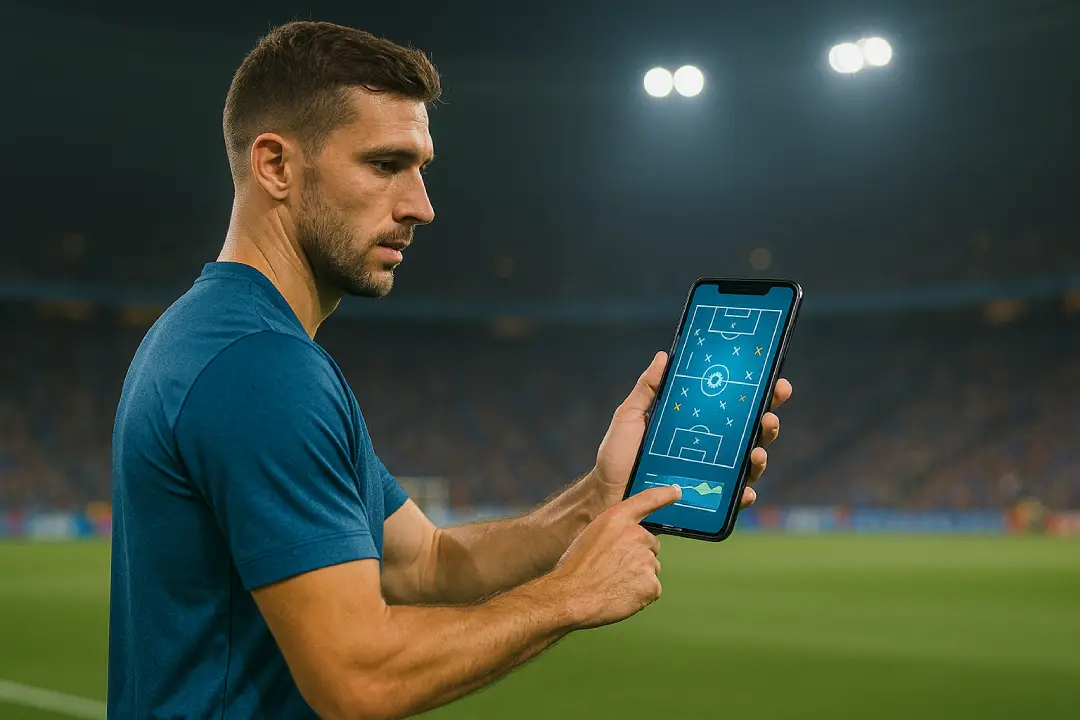
In today’s world of high-performance sports, physical fitness is only half the battle. The other half—often overlooked—is mental strength. Luckily, new technology in football is no longer just focused on speed, stamina, or tactics. It’s diving deep into players’ minds, helping them cope with pressure, build focus, and stay mentally sharp throughout the season. As someone who once played in a university team and froze during a penalty shootout, I know firsthand how much mindset matters.
The Rise of Sports Psychology Tech
In recent years, clubs have started using advanced tools to monitor and enhance players’ mental states. Wearables don’t just track heart rates anymore—they measure stress levels, sleep quality, and even emotional patterns. One of my friends who works with a semi-pro club told me they recently added a platform that uses facial recognition to detect mood changes during training. At first, it sounded invasive. But after a few weeks, players reported better self-awareness and even improved communication with coaches.
This wave of new technology in football is giving mental coaches data to support their sessions. Instead of just asking how a player feels, they can now analyze trends: Did performance dip after a poor night’s sleep? Was confidence lower after a specific drill? These insights weren’t available a few years ago—and now they’re changing how players grow.
Virtual Reality and Visualization Tools
Another breakthrough is the use of virtual reality (VR) to simulate high-pressure scenarios. Players can now “step onto” a packed stadium, hear crowd noise, and face a goalkeeper—all without leaving the training room. It may sound futuristic, but I tried a demo once during a sports tech event in Bangkok. Within 30 seconds, I felt the pressure building—my palms got sweaty, and I flinched even though nothing was real.
This kind of mental exposure training is especially useful for younger players or those struggling with confidence. They get to “fail” safely and reflect, then go back stronger in real matches. It’s not just fun—it’s therapeutic.
Mindfulness and Mobile Apps
Many teams now encourage players to practice mindfulness using AI-powered meditation apps. These apps track attention span, emotional shifts, and even breathing patterns. A few clubs have gone a step further by assigning “mental fitness routines” just like physical workouts. Players log into the app daily, check in with their mindset, and track progress over time. For athletes constantly under scrutiny, this regular reset helps them stay grounded.
The Coach’s Perspective
From a coaching angle, this mental insight is gold. Instead of guessing who might break under pressure, coaches can identify early signs of burnout or anxiety. That kind of foresight prevents emotional blowouts during critical matches. I recall one youth coach telling me, “Before this system, we only knew a player was stressed after he exploded. Now, we see it building up and help earlier.”
Building Stronger Minds, Not Just Stronger Legs
All in all, new technology in football is proving that mental performance isn’t some mysterious force—it’s measurable, manageable, and trainable. Whether it’s through data-driven psychology, immersive simulations, or simple breathing apps, players today have more support than ever to build confidence, resilience, and calm under pressure.
So if you’re part of a team—player, coach, or even a parent cheering from the sidelines—consider giving these mental tools a try. Football is evolving, and it’s no longer just about who runs faster. Sometimes, the winning edge is in the mind.